Home » Mac Haddow on Kratom Legality
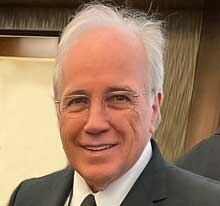
Mac Haddow on Kratom Legality
- Anthony Dent, Founding Member
- One Comment
Mr. Haddow shares a word at the Orlando Kratom Conference
We hear it again. Right at the start.
Mr. Haddow reminds the audience how much their voice matters. The leading political lobbyist and activist for kratom has seen first hand what the kratom community has done.
It’s a stark reminder how far the effort has come, and Mr. Haddow would know best. He’s been making his way to statehouses across the country to enact the Kratom Consumer Protection Act, a decisive bill that looks to codify protections for the kratom community.
Mr. Haddow discusses this, and more, during his appearance at the Orlando trade show, and provides some fascinating insight into the future of kratom across the globe.
In some ways, things are just as uncertain as they’ve been in regards to kratom’s legality. Indonesia is one of the primary producers of kratom, yet has strict cultural opposition to personal agency of medicinal substances. Mr. Haddow has mentioned his overtures with the Indonesian government, and they point to the same issue which cropped up in 2016; the FDA.
The FDA is still aggressively pursuing Kratom bans. This is nothing new. They’ve changed their tactic, however, now that they know public sentiment and scientific data is against them. The FDA is adopting an outside-in policy in their fight against kratom, looking to seize imports and block them from ever arriving in the States. In 2019, for example, a large shipment of kratom was seized in South Carolina; despite a judge ordering that is was an unlawful seizure, the FDA destroyed the kratom – and spent millions doing it in a convoluted and bizarre almost ritual like mass funeral pyre of the absconded product.
It’s instances like these which threaten the KCPA; even if individual states pass the KCPA – so far, it’s having great success – the FDA is greatly overreaching its legal mandate in seizing shipments, an act that Mr. Haddow and the AKA rightfully note is well beyond their purview.
Part of the FDA’s strategy is an obsessions with extremely isolated cases of bad actors adulterating products; this has occurred so rarely that the FDA can trumpet barely a few dozen cases in the last number of decades, and yet the FDA latches onto it as definite proof that kratom is dangerous – despite the hundreds of millions of instances of safe use in the interim. Creative math pushes the FDA to craft a narrative in which kratom is a threat to public health. They refuse to assimilate a holistic scientific approach and render evidence from all sources. This selective approach played to the favor of the AKA and the public in 2016, when the DEA – who the FDA wished on their behest to ban kratom – noticed the faulty methodology of of the FDA in their review of kratom, and denied their request to ban kratom.
Mr. Haddow recalls his surprise at the event; the DEA had never once changed its stance once it had started a motion to ban a substance.
But the people said no.
Here are some additional notes from Mr. Haddows discussion:
- The supply chain in Indonesia is being damaged by restrictive rules. Farmers are being taken advantage of by larger brokers – Indonesia’s refusal to support kratom farmers and the agricultural industry compounds issues pressed upon the industry by the FDA.
- Bad actors on social media are a particular issue. Vendors marketing kratom sometimes make absurd claims and generally offer a poor quality product; a surprising 20% occurs from these shady actors, and these deals are ‘off the books’. Supporting these vendors hurts the kratom cause, as they undermine the goals of the AKA and the community, because the FDA will take notice of these unregulated sources and make it their banner case.
- The FDA refuses to speak to the AKA or consider assisting the AKA in regulating kratom. The AKA is heading through all the proper channels, and yet they are being ignored. This is why the KCPA is necessary.
- The FDA knows kratom isn’t an opioid, and yet continues to try to label it as such. This is their attempt to demonize kratom – the irony is that the FDA helped propagate the opioid crises, and knows damn well the damage its caused.
- The AKA is stressing its own desire for transparency and abiding by the law; it behooves the kratom industry and the community to be safe and transparent. But the FDA’s refusal to aid in this creates a reinforcing feedback loop that the FDA uses to attack kratom.
- The potential medicinal uses for kratom are being obfuscated by the same issues; people who could benefit from kratom – for any one of a wide range of anecdotally reported reasons – are potentially being denied this opportunity due to the FDA’s intransigence.
- Pharmaceutical companies are quite eager to capitalize on kratom for its medicinal potential. You best believe that the FDA will have some interest when this comes to fruition, as the FDA has a way of monetizing their own approval process and earning off of it.
Like what Mac had to say?
Here at TheKratomCo, we were lucky enough to get Mr. Haddow on the horn for our very own interview with him. Check out the interview here for even more information on the legality and cultural context. Mr. Haddow used to work at the FDA, and has an inside track on their strategies and line of thinking. It’s also whats making him such an excellent advocate for kratom.
Remember how he started?
It remains true. Mr. Haddow stressed again and again the importance of the voices of the community. When calls and letters flooded into the White House during 2016, it mattered. So too will it matter now that the KCPA is going from statehouse to statehouse; call your rep, write a letter, or share the facts with those who will listen. The people won the battle in 2016; the people can win the war, too.
Till then, stay safe.
Peace and Love,
AW
Featured Products
-
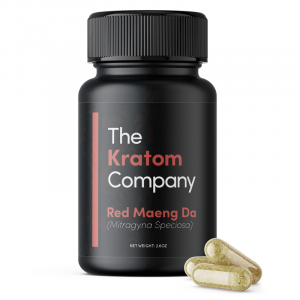 From $24.00Select options This product has multiple variants. The options may be chosen on the product page
From $24.00Select options This product has multiple variants. The options may be chosen on the product page -
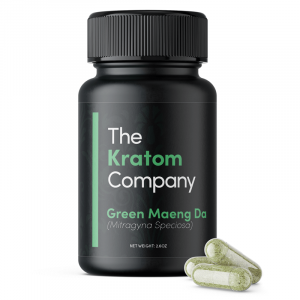 From $24.00Select options This product has multiple variants. The options may be chosen on the product page
From $24.00Select options This product has multiple variants. The options may be chosen on the product page -
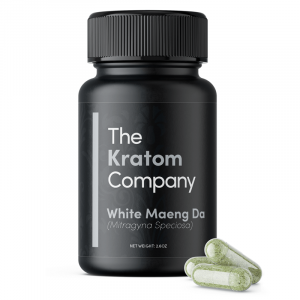 From $24.00Select options This product has multiple variants. The options may be chosen on the product page
From $24.00Select options This product has multiple variants. The options may be chosen on the product page
Explore More Posts
Product Search
Featured Products
-
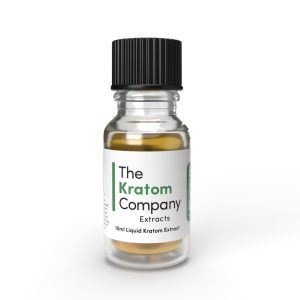 Pure Kratom Liquid Extract
Rated 4.72 out of 5From $20.00
Pure Kratom Liquid Extract
Rated 4.72 out of 5From $20.00 -
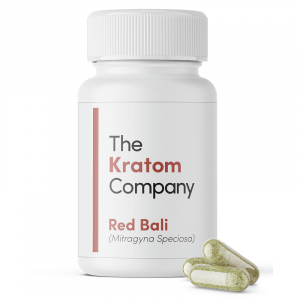 Red Vein Bali Kratom Capsules
Rated 4.70 out of 5From $24.00
Red Vein Bali Kratom Capsules
Rated 4.70 out of 5From $24.00 -
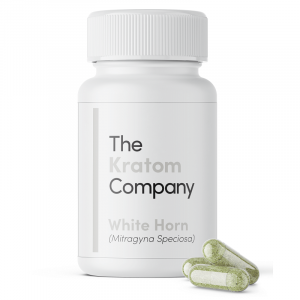 White Horn Kratom Capsules
Rated 4.88 out of 5From $24.00
White Horn Kratom Capsules
Rated 4.88 out of 5From $24.00
Recent Blogs
Follow Us
Strains
Blogs
NEWSLETTER
Sign up for our newsletter!

These statements and products presented on this website have not been evaluated by the Food and Drug Administration FDA. The products mentioned on this website are not intended to diagnose, prevent, treat or cure any diseases or health conditions. Therefore any information on this website is presented solely as the opinions of their respective authors who do not claim in any way shape or form to be medical professionals providing medical advice. The KRTM Company and its owners or employees cannot be held responsible for, and will not be liable for the inaccuracy or application of any information whatsoever herein provided. By purchasing our products you agree that you are aware and in compliance with your local county, state, or federal regulations. Must be 21 years or older to purchase Kratom. The US FDA has not approved kratom as a dietary supplement. We do not ship to the following states, cities and counties in the US where Kratom is banned: Alabama, Arkansas, Indiana, Rhode Island, Vermont, Wisconsin, Sarasota County, FL, Union County, MS, Denver, CO, San Diego, CA, and Jerseyville, IL.

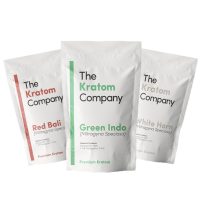

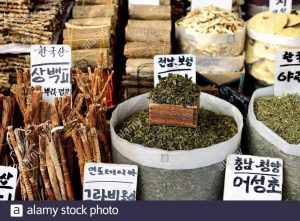


This Post Has One Comment
Awesome work! Thank you for keeping us educated 🙂